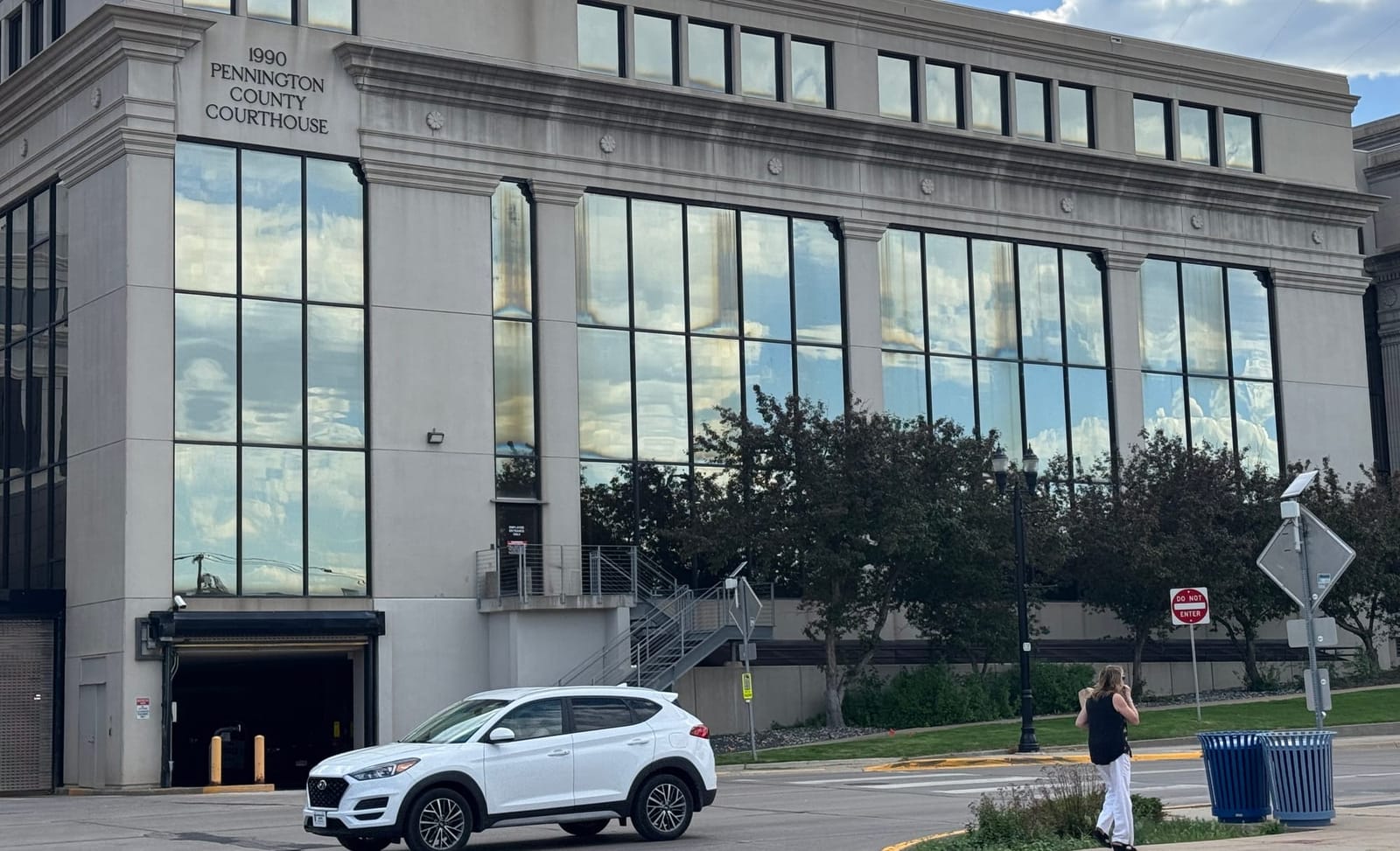South Dakota attorneys have voted to impose a first-ever requirement on themselves to undergo regular continuing legal education, taking a big step toward joining 46 other states that have similar mandates for lawyers.
A majority of the membership of the State Bar of South Dakota, the professional group for lawyers, voted on June 20 to support a proposal that would require attorneys to receive at least 20 hours of training every two years starting in 2027.
Unlike numerous other professions in South Dakota, there is no requirement for attorneys to receive ongoing training in order to maintain their licenses. There's also no way to know if working lawyers are staying up to date or improving their knowledge of the law.
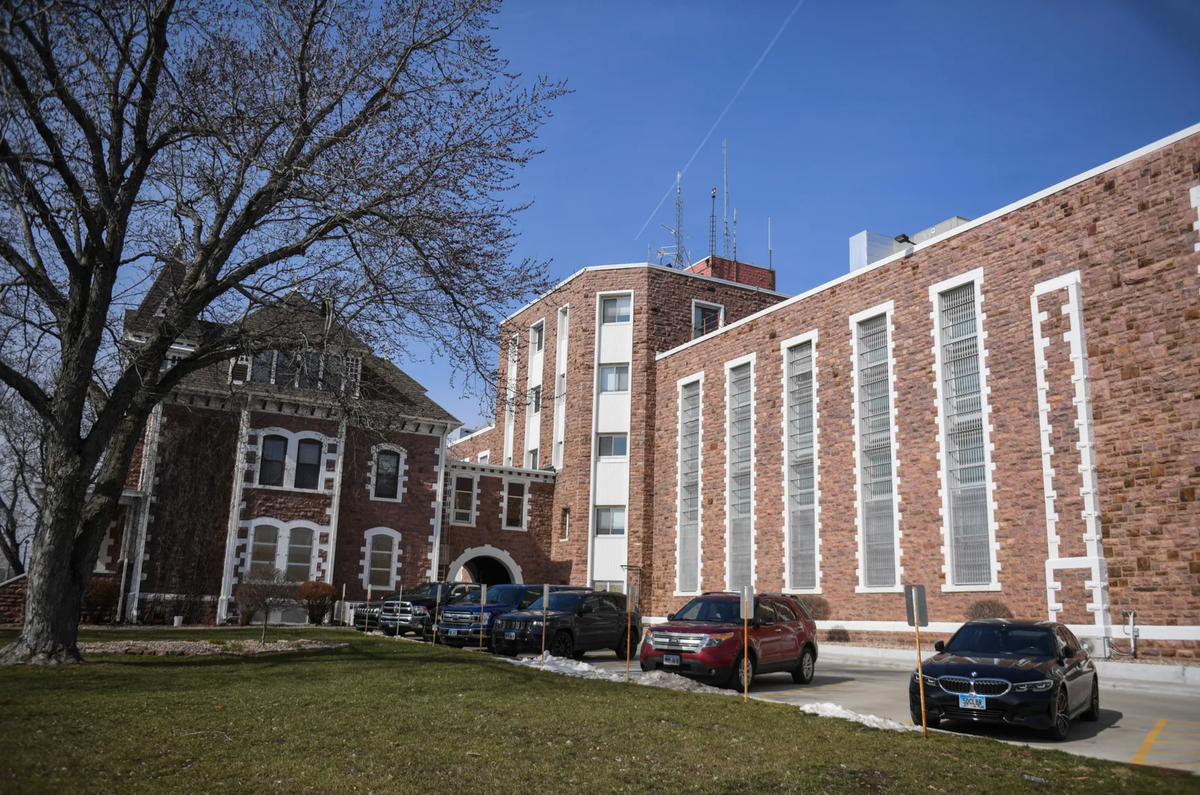
Seamus Culhane, a Watertown lawyer who supports mandatory continuing legal education, said some attorneys work hard to stay current on the law and legal techniques while others might need a requirement to do so.
"It’s always frustrating when you have to force people to do things," said Culhane, a partner at Turbak Law Office in Watertown. "But given what’s at stake here, with people's lives, possible imprisonment or financial well being and everything else, it’s pretty important for lawyers to get some continuing education."

Culhane said the law and legal landscape are constantly changing, so attorneys need to stay current in order to represent their clients as best they can.
“I’m looking forward to improving my own continuing education and creating an environment for other people to do the same," he said. “The constant approach to learning has suited our family and firm very well over the years.”
After 'divisive' discussion, an affirmative vote
According to South Dakota laws and regulations, numerous other professions require ongoing education in order to maintain a license or certification in the field.
Medical and counseling providers certified with the Department of Social Services must complete 40 hours of training every two years. Training hours are required every year or two years to maintain licensure in real estate, electrical, insurance, accounting, engineering, education, plumbing and even for cosmetology instructors.
Attorney Robert J. Rohl attended the June 20 bar association business meeting in Rapid City where the CLE proposal was considered and said the discussion was somewhat “divisive.”
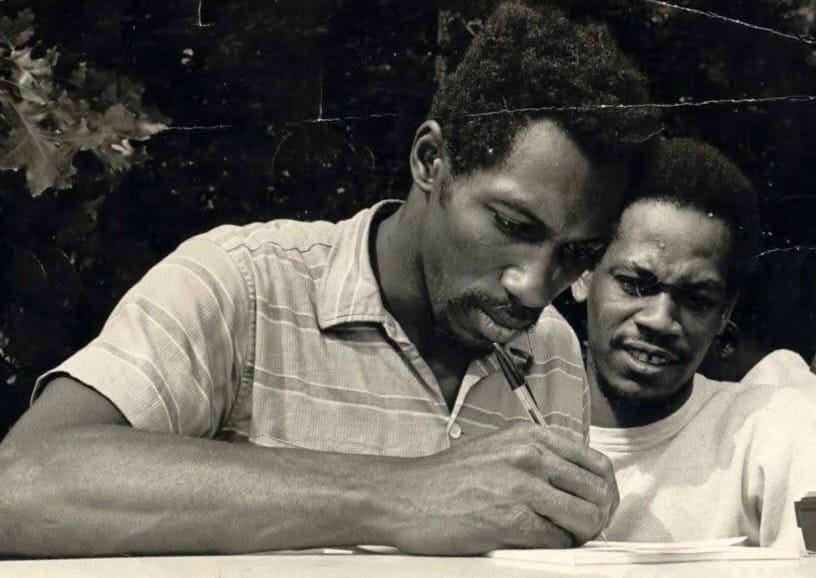
Rohl said the bar committee that studied the matter and ultimately supported imposition of mandatory CLE gave a presentation before a debate took place.
“There were certainly some people who were pretty sternly against it,” said Rohl, a Rapid City attorney who is president of the South Dakota Trial Lawyers Association.
Opposition largely came from rural attorneys who often work alone and were concerned about time and financial constraints that could make compliance a challenge, Rohl said.
“Some others seemed to think we’re already doing a good enough job of policing ourselves and that this was unnecessary,” he said.
Rohl said he favors mandatory continuing education as a way for lawyers to remain updated on new laws, legal issues and techniques that can help them constantly improve.
“I’m strongly in favor of it because I think the reasons to have it greatly outweigh the reasons not to,” he said.
He also pointed out that the current proposal calls for online training that should not create an undue travel or time barrier to completion.
Rohl said the vote of about 200 bar members present revealed that about 65% of attendees — a “clear majority” — voted in favor of the mandatory CLE requirement.
Any plan to implement mandatory CLE would still require approval from the South Dakota Supreme Court, which regulates the legal profession.
Alisa Bousa, spokeswoman for the South Dakota Unified Judicial System, said the Supreme Court will consider any education requirement only after the bar association provides the justices with a draft rule proposal.
At that point, she said, the high court will likely hold a public hearing and accept public comment on the proposed rules before making a decision on implementation. There is no deadline for that process to occur, she said.
Bar committee studied issue and gave support
In 2023, the bar created a committee to study whether the state should join the 46 other states that require ongoing training. In February 2024, the bar sent a survey to its roughly 2,600 members, about 2,000 of whom are actively practicing in the state.
More than 1,100 members responded, with 47% opposed to mandatory CLE and 53% in favor or neutral on the topic, according to a summary of the committee's work.
Join other South Dakotans and support statewide storytelling.
The committee report notes that "the lack of mandatory continuing education requirements for South Dakota attorneys may affect public perception of our Bar (association)."
The report also said mandatory education requirements align with the bar's strategic plan, which contains a goal to "foster a legal community that exemplifies professional excellence, wellbeing and civility."
In February, the committee voted to recommend adoption of mandatory CLE requirements and proposed that attorneys be required to receive 20 hours of training every two years starting in 2027. The training could be taken online, and the bar association would offer free seminars in order to keep participant costs low. Attorneys would be responsible for tracking compliance with the training requirements.
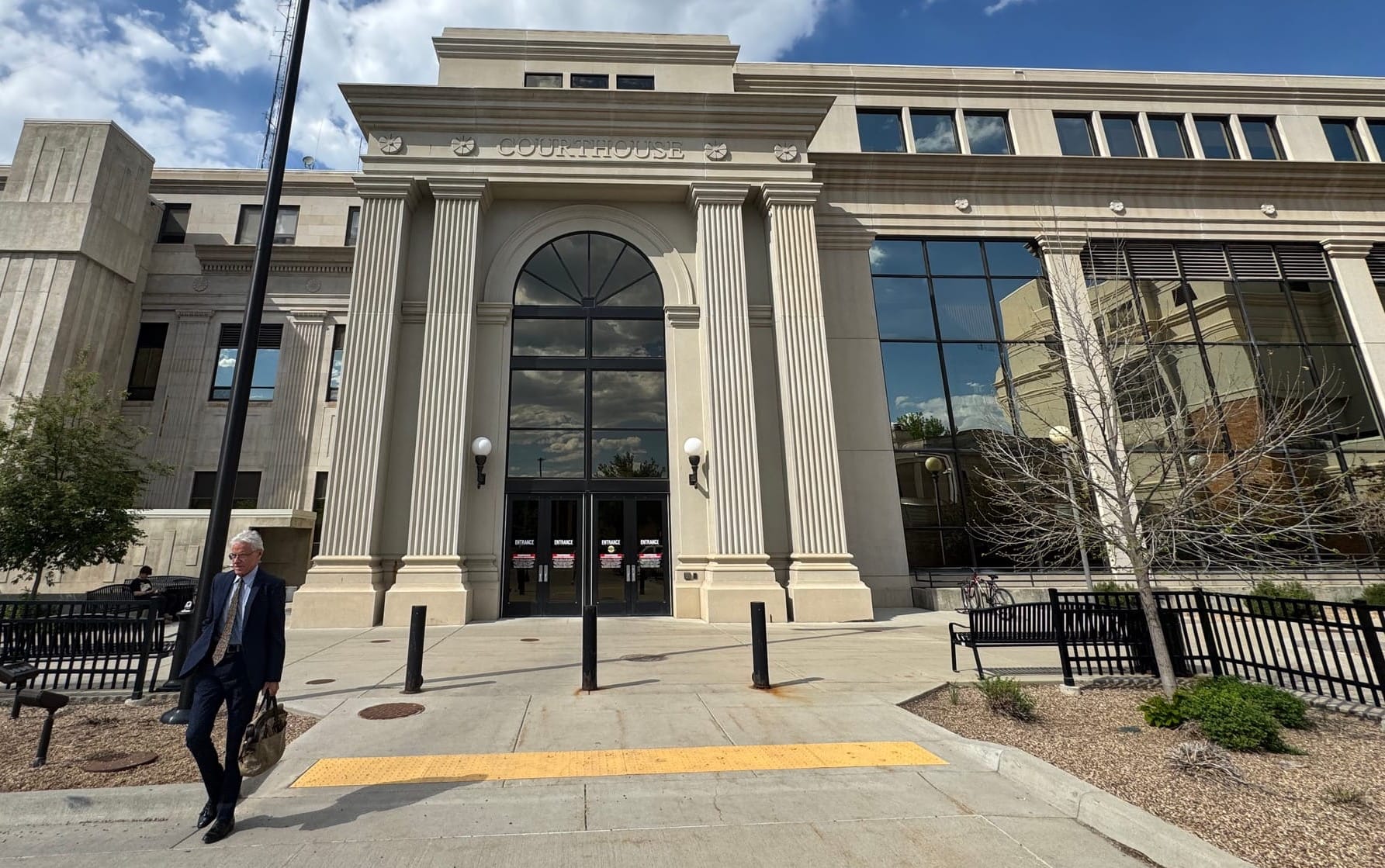
Neil Fulton, dean of the University of South Dakota Knudson School of Law in Vermillion, said he supports mandatory CLE training. Fulton pointed out that he spoke with News Watch as a licensed attorney in South Dakota and not as a representative of USD or the Board of Regents. Fulton served on the bar's CLE committee.
"I just don't think you can practice without continuing to grow, be updated and know about legal developments," Fulton said.
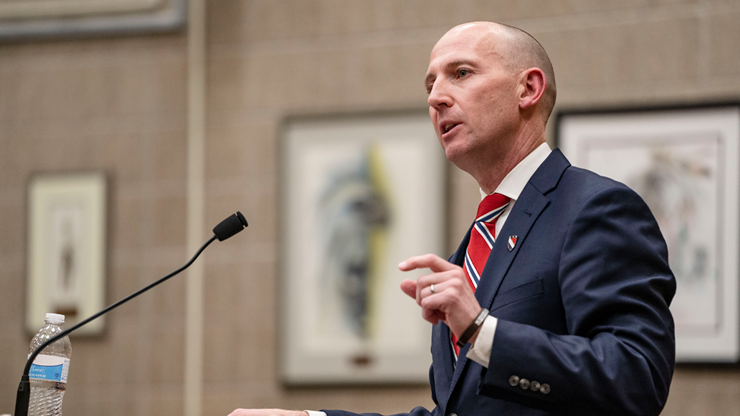
Fulton said requiring some level of continuing education will help lawyers in South Dakota, their clients and the profession as a whole.
"I mean, you don't graduate law school knowing everything you need to know to sustain you in a career over decades," he said.
This story was produced by South Dakota News Watch, an independent, nonprofit organization. Read more stories and donate at sdnewswatch.org and sign up for an email to get stories when they're published. Contact Bart Pfankuch at bart.pfankuch@sdnewswatch.org.

